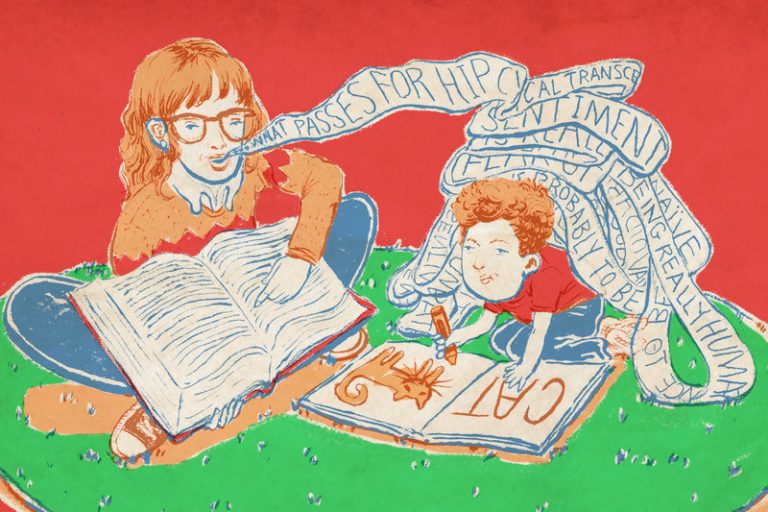Illinois has increased enrollment and improved access to preschool programs for children across the state, according to a recent report from the National Institute for Early Education Research.
The group releases an annual report detailing where states rank on quality measures for things like curriculum and class sizes. This year, Illinois ranked third in the country for access to preschool for 3-year-olds and 20th for access for four-year-olds. The state also met eight of 10 quality benchmarks.
Illinois Newsroom spoke with Steven Barnett, the co-director and founder of the National Institute for Early Education Research, about what the state is doing well when it comes to early childhood education and how that progress could be impacted by the COVID-19 pandemic.
This interview has been lightly edited and condensed for clarity.
Lee Gaines: What is Illinois doing well when it comes to preschool programming?
Illinois has substantially expanded access to the preschool program. It’s done that maintaining the level of spending, which is essential for quality, and it’s a program with relatively high quality standards. And that matters a lot because it’s increasingly clear that only high quality preschool programs produce the kinds of impacts that better prepare kids for kindergarten and long-term gains in terms of their school and social success.
LG: Has Illinois made this progress in a short period of time?
Illinois got thrown off track by the Great Recession, and the percentage of children served actually started going down and funding dropped precipitously. So this is a big change — increasing the money per child at the same time as bringing the numbers of kids served back up.
LG: How could the COVID-19 pandemic affect the state’s early childhood education system moving forward?
From the local level on (up), decisions will be driven by legal requirements for spending. I don’t have enough money to go around, and some programs I am legally required to fund and other programs I am not. Preschool is overwhelmingly a discretionary program. And if there aren’t enough dollars to go around, the dollars will come out of early childhood (education), will come out of preschool and go into other things regardless of how we value them, without any (question) about is this the right thing to do. It’s the legally mandated thing to do. And (this is) why I’d like to see the federal government dedicate some dollars for pre-K, so that there’s a kind of similar constraint that I can get this money but only if I use it to fund high quality, early care and education programs. That would make a difference.
LG: And why is maintaining and increasing enrollment and spending on early education a crucial thing for the state to do?
Well, we can start with: what are the benefits of high quality pre-K? Why do we do this? We do it because we know that many children, the most disadvantaged, children of color generally, begin kindergarten a year behind their peers. And we’re not been successful in closing those gaps in K-12. And then you get to the current crisis, and we know that more families are having their lives disrupted, parents are losing their jobs, incomes are declining. That makes the situation of young children even more perilous. Family income matters more for young children and their development than it does for older kids. They will be more greatly impacted as they move through the early grades. Move into kindergarten, they’ll be further behind, more children will be further behind. Inequality will be increased. Now is not the time to be cutting back on a critical investment in the kids who will suffer most because of the pandemic.
Follow Lee Gaines on Twitter: @LeeVGaines

